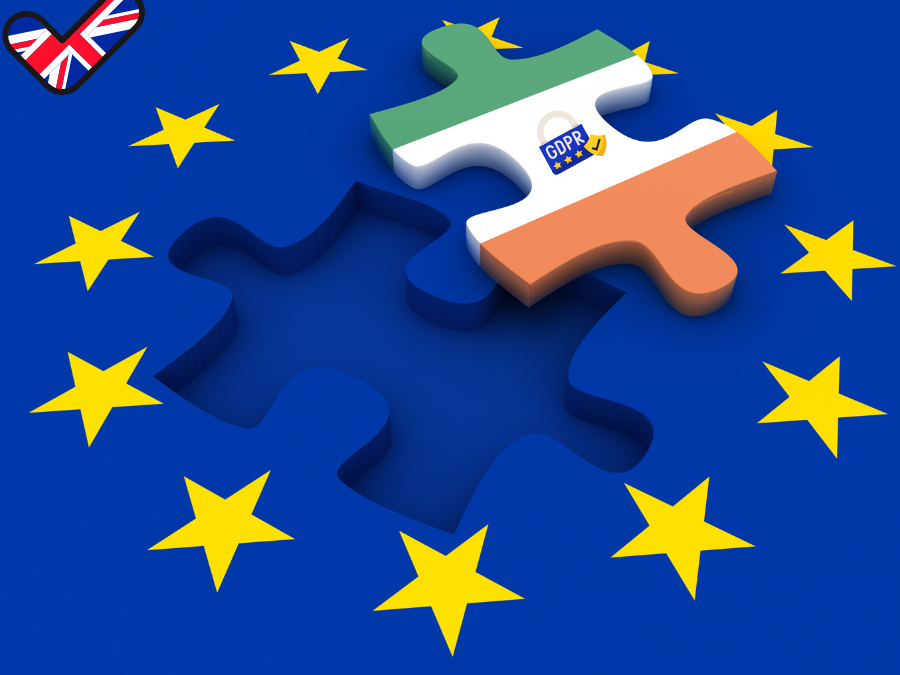Introduction
In the global marketplace, Indian companies trading across India, the European Union (EU), and the United Kingdom (UK) face the complex challenge of adhering to multiple data protection regulations. This article delves into the necessary Data Processing Agreement (DPA) and policies that such companies must implement to comply with the India Digital Personal Data Protection Act (DPDP Act), the EU General Data Protection Regulation (GDPR), and the UK GDPR.
Understanding the Regulatory Frameworks
India DPDP Act: The Digital Personal Data Protection Act (DPDPA) 2022 governs the processing of personal data in India. It mandates the protection of personal data and imposes obligations on data fiduciaries (entities that process data).
EU GDPR: The General Data Protection Regulation (GDPR) is a stringent data protection law that applies to all EU member states. It regulates the processing of personal data of individuals within the EU, ensuring their privacy and data rights.
UK GDPR: Post-Brexit, the UK has adopted its version of the GDPR, known as the UK GDPR. It mirrors the EU GDPR but is tailored to fit the UK’s legal framework.
Key Contractual Agreements
- Data Processing Agreements (DPAs):
- Definition: A Data Processing Agreement (DPA) is a contract between data controllers and data processors outlining the processing activities, security measures, and compliance requirements.
- DPDP Act Requirements: Under the DPDPA, Indian companies must include clauses ensuring compliance with data protection principles, data subject rights, and security measures.
- EU/UK GDPR Requirements: DPAs under the GDPR must include details such as the subject matter, duration, nature, and purpose of processing, types of personal data, categories of data subjects, and the obligations and rights of the controller.
- Standard Contractual Clauses (SCCs):
- Definition: SCCs are pre-approved contract templates by the EU for ensuring safe data transfers outside the EU.
- EU/UK GDPR Requirements: Indian companies transferring data from the EU/UK must use SCCs to ensure that the transferred data is protected to the same standard as within the EU/UK.
- Binding Corporate Rules (BCRs):
- Definition: BCRs are internal rules for data transfers within multinational companies.
- EU/UK GDPR Requirements: For Indian companies with subsidiaries in the EU/UK, BCRs can be used to ensure compliance across the group, subject to approval by the relevant data protection authorities.
Essential Policies
- Privacy Policy:
- Definition: A document outlining how a company collects, uses, discloses, and protects personal data.
- DPDP Act Requirements: The privacy policy must be clear, accessible, and inform data subjects about the data processing activities, purposes, and their rights under the DPDPA.
- EU/UK GDPR Requirements: The policy should cover information on data collection, legal bases for processing, data subject rights, data retention, and international data transfers.
- Data Breach Response Policy:
- Definition: A policy detailing the steps a company will take in the event of a data breach.
- DPDP Act Requirements: Companies must notify the Data Protection Board of India and affected data subjects in case of a significant data breach.
- EU/UK GDPR Requirements: Under the GDPR, companies must report data breaches to the supervisory authority within 72 hours and communicate the breach to data subjects if it poses a high risk to their rights and freedoms.
- Data Retention Policy:
- Definition: A policy outlining the duration for which personal data will be retained.
- DPDP Act Requirements: The DPDPA requires data fiduciaries to retain personal data only as long as necessary for the specified purpose.
- EU/UK GDPR Requirements: The GDPR mandates that personal data should not be kept longer than necessary, and companies must establish clear retention periods.
- Data Subject Rights Policy:
- Definition: A policy ensuring that individuals can exercise their rights regarding their personal data.
- DPDP Act Requirements: Data subjects have rights such as access, correction, and erasure under the DPDPA.
- EU/UK GDPR Requirements: The GDPR grants data subjects rights including access, rectification, erasure, restriction of processing, data portability, and objection.
Conclusion
Compliance with the India DPDP Act, EU GDPR, and UK GDPR requires Indian companies to meticulously craft and implement comprehensive contractual agreements and robust data protection policies. By ensuring adherence to these regulations, companies not only mitigate legal risks but also build trust with their clients and partners across these jurisdictions.
Navigating these complex requirements may seem daunting, but with the right legal guidance and data protection strategies, Indian companies can effectively manage their compliance obligations while fostering international trade.
By leveraging Formiti Data International’s global privacy experience and services, Indian companies can benefit from expert advice and tailored solutions that ensure compliance across multiple jurisdictions. Formiti’s comprehensive approach and deep understanding of global data protection laws provide Indian companies with the tools and confidence to thrive in the international market, safeguarding their reputation and enhancing customer trust.

